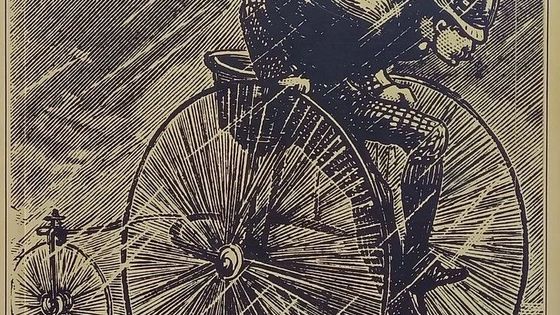bifo remembers mark fischer
Happiness is not something of the intellectual mind, but of the corporeal mind, of the emotion that opens the body to a caress. Neither faith nor hope, but charity, to say it in a style that is not mine. It is not the desperate consciousness that makes us unhappy, but the depressing effect that it has on our empathetic body. Social suffering turns itself into depression when it dulls the capacity of being caressed. And the openness of receiving a caress is not only the condition for individual happiness, but also that of rebellion, of collective autonomy and of emancipation from the salaried work.
The relationship between desire and impotence tells us something about depression. When we say that we need to transform the suffering that springs from necessity into a ‘desiring-us’ [noi desiderante], we say something obvious. The unanswered question is right here: how do we transform the suffering of the people in need into a ‘desiring-us’?
Those who glorify desire as if it was a good force did not get the point. Desire is not a force, but a field. Moreover it is not positive at all, it can actually be cruel, evil, convoluted, self-harming, elusive, destructive and deadly. Desire is the pro-tension of a body towards another body, a pro-tension that invents worlds and builds architectures, roads, doors or bridges, but also abysses and depths. So when the individual or the collective body has become incapable of relaxing and having pleasure, when breath becomes nervously fragmented, then we either get to transform desire into cruelty or we choose not to desire, namely depression.
